I'm trying to get col1 values for certain multiple col2 values. For example: I want to see col1 values for col2's "1, 2, 3, 4" values (that is "1" in col1). Another ex: col1 values for col2's "1, 2" are "1, 2". How can i manage to do this in SQL syntax?
